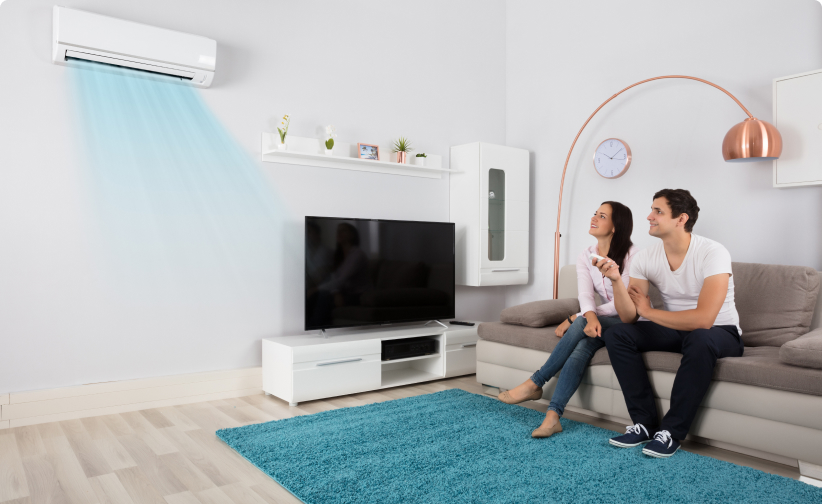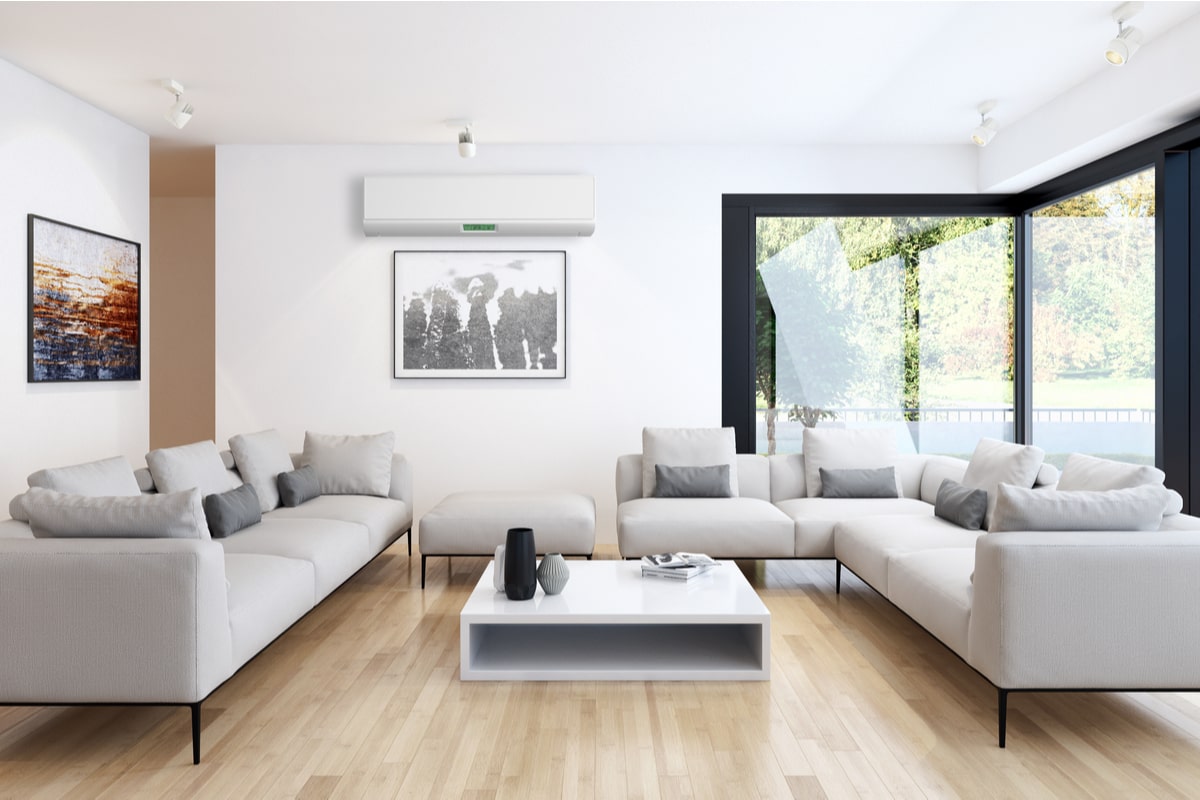Discover if dry air or humid air is better for your family’s health, and how to manage healthy indoor air quality.
When it comes to achieving all-year absolute comfort, we know that cool, humid air makes it easier to breathe and makes your home more comfortable, especially in the summer months.
After all, Perth is well known for its scorching dry summers, reminiscent of the weather in the Mediterranean.
We also know how dry the air can become in winter as we crank up the heat to stay warm.
However, what is better for your health? Can dry air make you sick? When should you be using your evaporative air conditioner?
We take a look at the effects of dry air and humid air on your health and how to maintain healthy comfort levels in your home.
1. The effects of dry air
We all know how dry Perth winters can get, especially walking through the CBD on a brisk winter morning.
Cold outside air carries less moisture than warm air and as it enters our homes and is heated, its humidity is lowered even more. However, this doesn’t just happen in winter.
Low humidity is anything below 35% humidity, which can also occur during the summer months as a result of excessive air conditioning, which removes moisture in the air as it operates.
Humidity levels can reach as low as 10% in households and this when health problems start to occur.
Prolonged exposure to dry air can cause the eyes to become dry and irritated, skin becomes flaky and itchy, it can also dry out the sinuses and nasal passages. Your throat will start to feel hoarse, and you will be more susceptible to getting a cold, the flu or other viruses.
So to answer your question, can dry air make you sick? You won’t catch a bug from your air conditioner but it does make you more susceptible to getting sick.
How to manage dry air safely in your home
There are a number of ways to improve the indoor air quality if it is too dry.
- Invest in a humidifier or vaporiser. A humidifier adds moisture to dry, heated air and will help keep your skin, sinuses and nasal passage moist and lubricated, and decreasing your chances of getting sick. This should bring the humidity levels back to a comfortable level of between 30% to 50% and help you get a better night’s sleep.
- buy isotretinoin online yahoo answers Seal your home. Make sure all gaps between windows and doors are tightly sealed to prevent cold, dry air from entering your home. Sealing off air leaks will not only reduce your energy costs, it’ll also put less strain on your heating system as it maintains a comfortable temperature. Do not overlook your garage space as air generally flows, consider installing insulation seals or insulated panels to prevent cold or hot air from coming out of or in your garage.
- Stay hydrated and moisturised. Drink plenty of water to keep your mouth and throat hydrated throughout the day. Apply moisturiser to your skin if you notice your skin becoming dry and scaly, especially after a hot shower or bath.
The effects of humid air
On the opposite end of the spectrum is humid air and we all know how muggy and stinking hot Perth summers can be. Relative humidity for most homes and businesses is between 30 to 60% and is the most comfortable, with indoor air humidity between 30 to 50%.
However, when humidity levels spike over 65% things start to get a little uncomfortable, and moist. Very humid air can trigger an episode in people who suffer from asthma, among other things including the growth of mould and release of fungal spores. This can be extremely irritating to the nasal passage and potentially toxic.
How to manage humidity levels safely in your home
There are a number of ways to control humidity levels to improve the indoor air quality of your home.
- Ventilate and circulate. Keep your home well ventilated, especially in moist areas such as your bathroom, kitchen and laundry. Open opposing windows and doors to create a breeze traveling through your home. Proper ventilation in your home for at least a few hours a day can reduce indoor humidity.
- Sāveh Take shorter, colder showers. Long hot showers can produce excess steam which increases humidity levels indoors. Taking colder, shorter showers will reduce excess showers. Additionally, make sure the window is open and the exhaust fan is on even after you’ve showered to ventilate any excess moisture.
- Turn on the AC. Refrigerated air conditioning systems can help reduce humidity levels. For those with evaporative AC systems, we suggest leaving these off on sweltering hot humid days, as they will only add to the humidity levels. High humidity levels provide a thriving breeding ground for dust mites and mould, which can trigger asthma and allergies.
- Use a hygrometer. Hygrometers are an inexpensive tool which tells you the relative humidity of your home.
What is the safest humidity level for your home?
Humidity levels between 40 to 60% are the safest, most ideal level for your home. It’s not too dry to irritate the nasal passages, but not too moist that it will cause mould to grow.
If you’re having trouble maintaining humidity levels and your evaporative air conditioner is no longer providing a comfortable climate for your home, contact All Air Services for an absolute all-year comfort solution.




